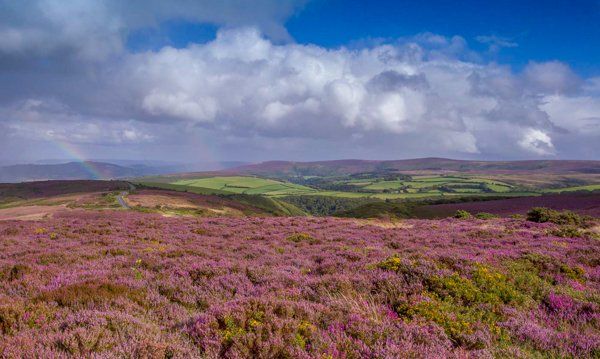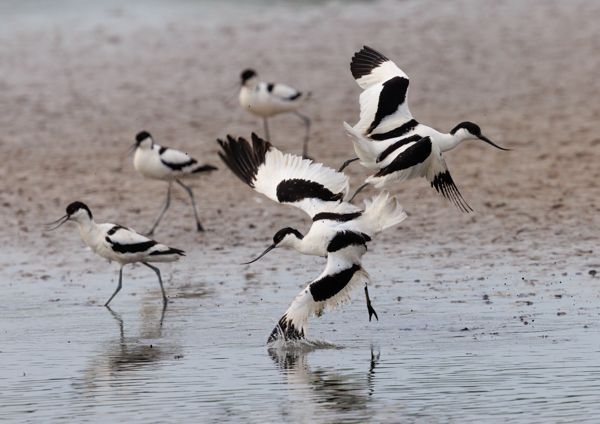DIPPER DAY SPECIAL - Info Page
Exmoor Wildlife Photography Course
Dipper Photography Lessons with the experts, Exmoor National Park, Devon, UK.
You will be taken to stunning river locations to photograph Dippers, one of Exmoor’s iconic river birds. The tuition will be focused on bird photography.
Latest news: BOOK NOW FOR 2024
FAQS:
-
Price & Group Size:
- Price: £139.00 pp (was £159)
- Group Size 2 maximum
- Exclusive 1:1 £189 (was 219) (payment on booking)
-
Workshop Duration:
- Duration: 7-8 Hours
- Start Time: 6.45 am
- Finish Time: 2.00 pm
-
When Do We Run This Workshop:
- Days: Tuesday, Wednesday & Thursday Only
- When: June Only
- see Availability Tab
-
Location:
Locations: Exmoor National Park
-
What is Included:
- The tuition and guidance we provide will give you the confidence and knowledge in a friendly relaxed environment at your own pace.
- Fieldcraft advice and guidance.
- Field Guide: Brand new workshop field guide booklets (yours to keep).
- Pack Lunch, Tea, Coffee & Cakes.
- Transport to each location.
- Tripods & Monopods always available for you to use.
- Camouflage Clothing if required.
- Camera Hire also available.
-
What Will I Learn:
Please See What You Will Learn Below
-
Equipment Requirements:
Ideally you have the following equipment for this workshop:
- Camera: D-SLR, mirrorless or bridge with a frame rate of at least 7fps is preferable.
- Lens: 500 mm plus (or equivalent) Bridge camera at least 20x optical zoom lens, which will give roughly 600mm (35mm equivalent).
- If using a mirrorless system micro 4/3 you will need at least a 400mm lens (a 300mm is NOT recommended).
- Popular examples: Sigma 150-600 mm, Canon RF 100-500 mm and Nikon Z 180-600 mm.
- Tripod: Yes, if you have one, we always have them onboard if not.
- Monopod: Yes, if you have one, we always have them onboard if not.
If you’re not sure, please ask Jack for advice when you book. We also have cameras that you can hire on your course day, subject to availability.
-
How to Book & Weather:
- Booking: See Book Now Tab
- You will be emailed comprehensive instructions, with your welcome pack and booking confirmation.
- Weather: In the event of a bad weather postponement, we will re-book your workshop ASAP.
- The meet & greet is at Exmoor Photography, Hillbrook, Marshfield Rd, Minehead, TA246AJ (and return). 'The Gateway to Exmoor National Park'
- These workshops must be booked in advance.
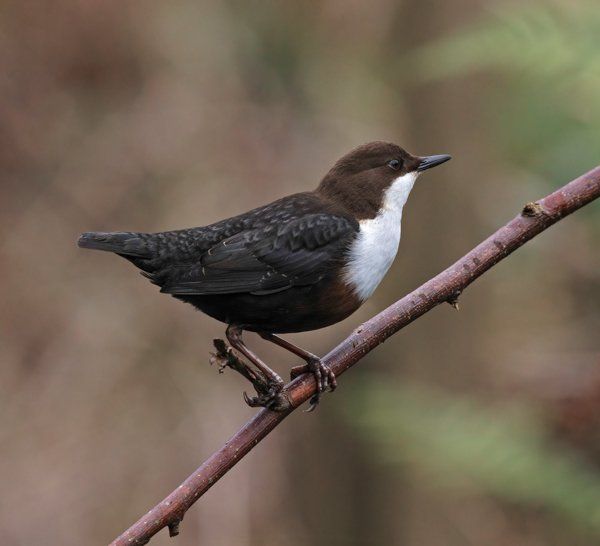
Exmoor Photography Dipper Day Special:
Do you sometimes get frustrated that the images you take doesn’t always do justice to what you are looking at?
Would you like to get you your camera off auto and start to use and understand the other shooting modes?
Perhaps you are planning a once in a lifetime trip abroad like a Safari or a family holiday and want to capture those precious memories feeling more confident with your camera.
This birding special is for complete beginners up to an intermediate level.
Professional photographer Rupert 'Jack' Clegg will take you through most useful settings on your camera and show you all the additional settings and features listed (see what you will learn). The Course numbers are limited to a maximum of two, so you will have all the one-to-one time you require, with Jack and Alison. We completely understand that using unfamiliar settings on your camera can seem very daunting. The tuition and guidance we provide will give you the confidence and knowledge in a friendly relaxed environment at your own pace. We will never make you feel awkward or embarrassed if you don’t understand something straight away and guarantee you will finish the day knowing more than you did when you started and will take you to a new level of understanding photography.
This Dipper Day is for primarily photographing Dippers, one of Exmoor's iconic river birds. We sometimes see other birds during this course, including, Whinchat, Wheatear, Redstart, Stonechat, Meadow pipit, Skylark, Spotted Flycatcher, Goldfinch, Redpoll and Blackcaps.
We will show you various photography techniques as per the ‘what you learn’, however during this Dipper Special there will be an emphasis on capturing wildlife and action photography with your camera.
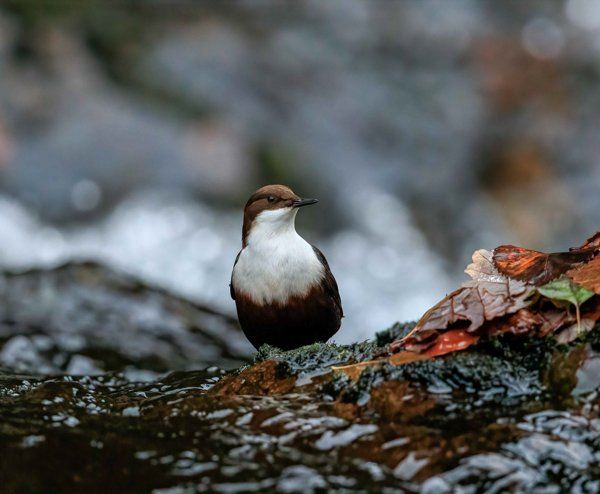
Additional Info Dipper Day Special:
Jack has produced a brand-new field guide booklet plus a supplement about photographing Dippers and birds in general (yours to keep), that you will be given at the 'meet & greet' at the beginning of your day. This is yours to keep and provide a useful reference for you to use, next time you take your camera out on your own. Exmoor Photography has private location access and track permits, when required for customers (like Jack) with limited mobility during the courses; these will only be used when weather permits and when necessary.
Please note that customers attending this course should be aware that to get the most from it you should be able to walk a minimum of 1 mile unaided, as the walks can often be quite strenuous and over rough terrain.
Jack advises having a camera or lens that is at least the equivalent of a 500mm lens for Wildlife Photography. So, for example a D-SLR/mirrorless with a 500mm or a Compact or Bridge camera with at least a 20x optical zoom lens, which will give roughly 600mm (35mm equivalent). If using a mirrorless system micro 4/3 you will need at least a 400mm lens (a 300mm is NOT recommended). The Sigma 150-600 mm is ideal for this course.
However, we recommend enabling you to achieve the best results during this course a 500mm lens, or a 400mm with a converter is preferable.
If you’re not sure, please ask Jack for advice. We also have cameras and lenses you can hire if required, must be booked prior to course, subject to availability. We also have tripods and monopods that you are welcome to use, I often find a monopod is more practicable, so please bring yours if you have one. It is essential that you wear dark clothing and hat, preferably camouflaged waterproof/warm jacket. We also strongly advise not wearing any ‘smelly' deodorant or perfume on the day.
Obviously, there is no guarantee that we will find any Dippers on the day (they are wild after all) however, Jack, Jamie and Alison are very good at ‘spotting’ and finding Dippers and have over 40 years' experience, so we should find something. It is also essential that course participants understand that Dippers are wild birds, therefore the emphasis will always be about as little or no disturbance of them as is possible. We will always endeavour to get you close enough to photograph them, but this is not guaranteed.
They are designed to educate, be fun, relaxed, and hopefully enjoyable. We pride ourselves on providing first class customer service here at Exmoor Photography, something that is supported by our customer reviews.
Exmoor Photography supplies lunch and we always have a supply of Alison’s legendary flapjack & homemade cake on board.
Sorry, but we do not take other professional photographers on this course.
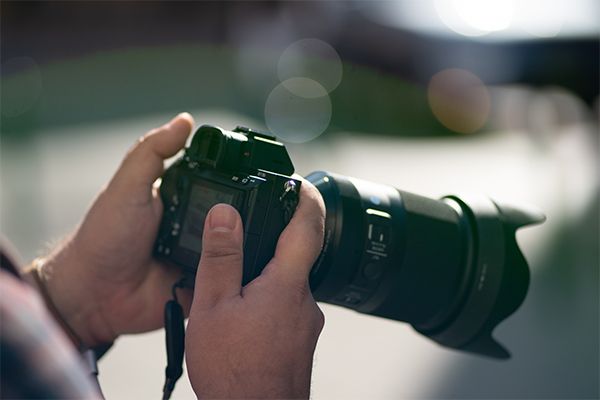
What You Will Learn Dipper Day Special:
- Composition (Landscapes & Wildlife – when applicable): We will show how to compose the image or view you are trying to capture using basic composition guidelines and principles.
- Understanding your camera: We are very much aware that modern digital cameras can be quiet intimidating pieces of technology. Jack is very good at helping you understand your own camera during the workshop, and he will show you what most of the buttons, dials do!
- The Exposure Triangle (aperture, shutter speed & ISO): Three of the most important settings to learn understanding these elements will help you achieve the results you want.
- Aperture priority (f-stop): We will show how this setting controls the depth of field (DOF, what part of the image is in focus) & the effect on the shutter speed.
- Shutter priority: We will show how to set and adjust the shutter speed to control movement.
- ISO: This stands for International Standards Organization, and it is a standardized industry scale for measuring sensitivity to light. We will show how and when to adjust this to control how your digital camera sensor reacts to available light.
- Manual mode: We will show how and when to use this mode on your camera, it’s not as complicated as most people think. This is very useful for all types of photography especially when presented with difficult lighting conditions.
- Metering modes: We will show you how the camera measures the brightness of the subject and the different modes available to do this.
- Bracketing (exposure compensation & auto exposure compensation AEB): We will show how to use these settings to control dark or bright images. Part of the cameras metering system.
- Depth of field (DOF): We will show you and demonstrate DOF, this is the distance between the nearest and furthest elements in a scene that appear to be sharp, sometimes called depth of focus.
- White balance (WB): We will show how and when to adjust the cameras WB the process of removing unrealistic colour casts, so that objects that appear white in person look white in your photo for example. By using the Kelvin, colour temperature scale, both camera defaults and manual options.
- Histograms: We will show how to find this on your camera a useful graphic representation of the tonal range in a photograph, and its analysis of the image's tonal range provides a precise check on exposure.
- Picture Styles: We will show you these settings on your camera, these pre-set functions bring together the settings for image processing parameters you can use to control in camera colour matrix settings, sharpness contrast and saturation etc.
- Scene modes: If your camera has the feature, we will show you them. They are not always perfect but can be useful for a beginner if all else fails. In addition, some new digital cameras have a new ‘selective’ colour feature that can be fun and creative.
- Lens choice: We will advise you on what lenses to choose when available to best capture different genres of photography.
- Auto Focusing / servo mode: We will show your cameras focus modes, manual, AI focus & AI servo (different names sometimes depending on cameras make). How to set them and when to use them for stationary or possibly moving subjects.
- Panning & subject tracking (part of the focus system) & birds in flight (BIF) photography: We will show you how to successfully ‘lock’ onto and track stationary and moving targets using your cameras focus system (how it focuses) and also how to set and use different camera focusing patterns (where it focuses), including the latest eye/subject detection when applicable.
- Back Button Focus: How to set it on your camera and why we use it.
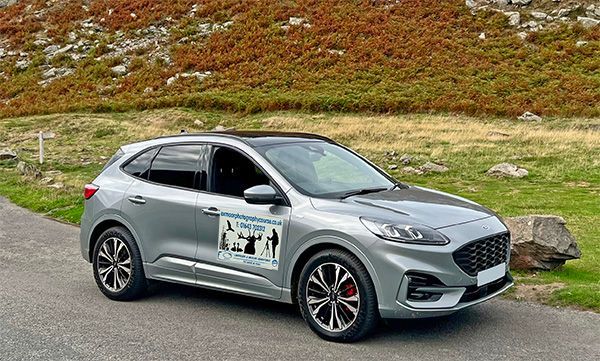
Our Vehicle:
Jack was trained to a very high ‘advanced’ standard to drive while in the service.
We use a new Ford Kuga Hybrid that will comfortably seat 3 guests and their equipment, the vehicle is maintained to a very high standard, it has dual zone air conditioning for your comfort and heated seats! The vehicle is fitted with a ‘cold climate pack’ heated windscreen etc. Although we do not intend to go ‘off road’ and ‘bounce’ you and your camera equipment about while on the course, the vehicle is fitted with ‘all weather’ tyres that give enhanced traction. We carry a BSI compliant (BS-8599-1) first aid kit on board & a fire extinguisher.
Contact Us
Thank you for contacting us. We will get back to you as soon as possible, usually within 24hrs.
-
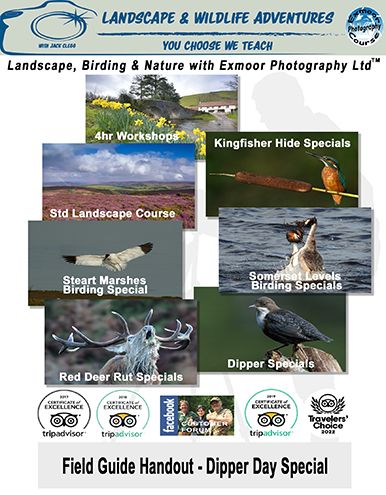
Slide title
DIPPER INFO
Button 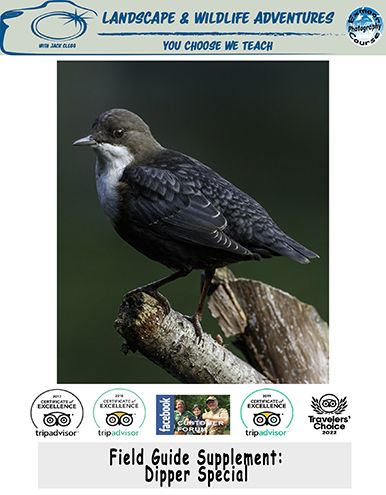
Slide title
DIPPER DAY
Button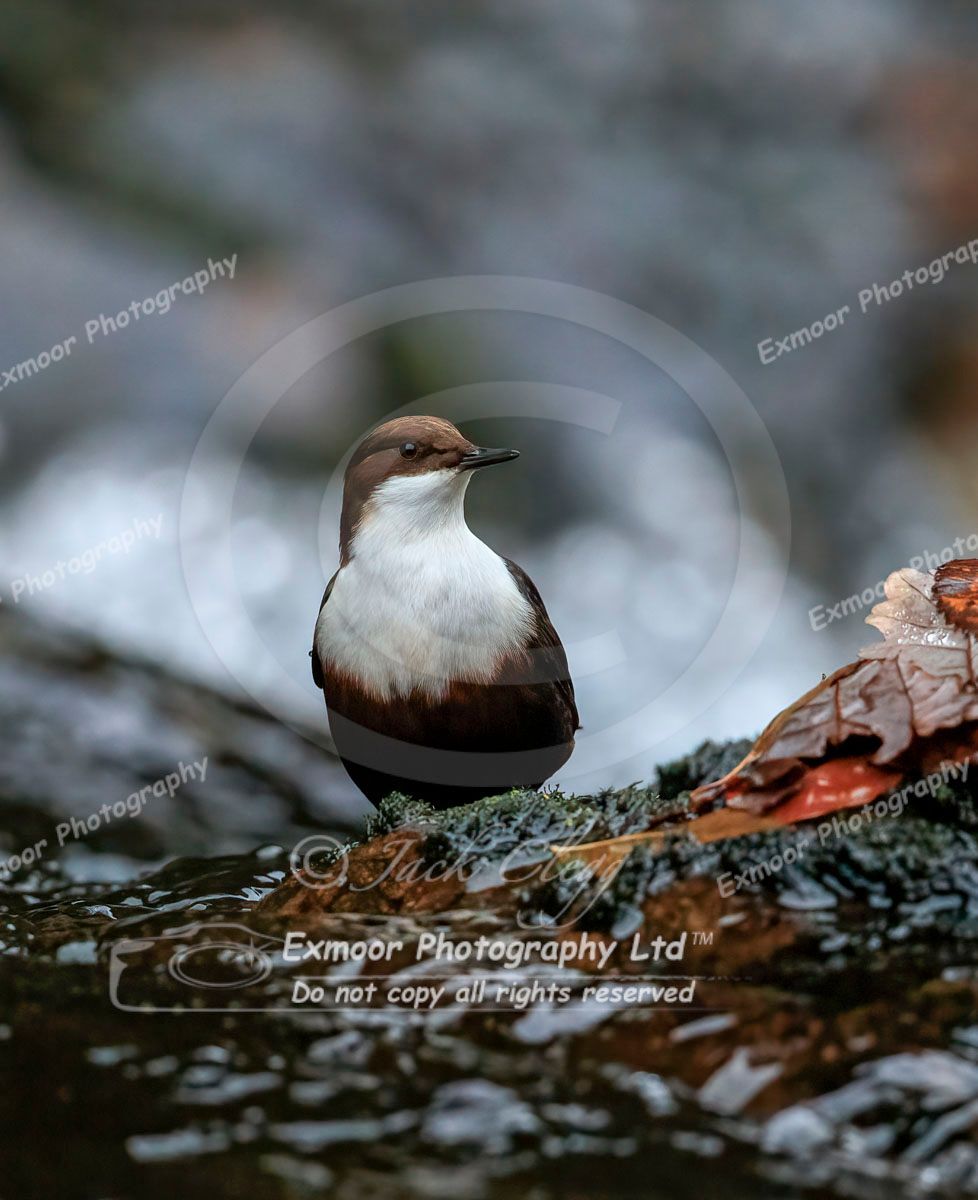
Slide title
Write your caption hereButton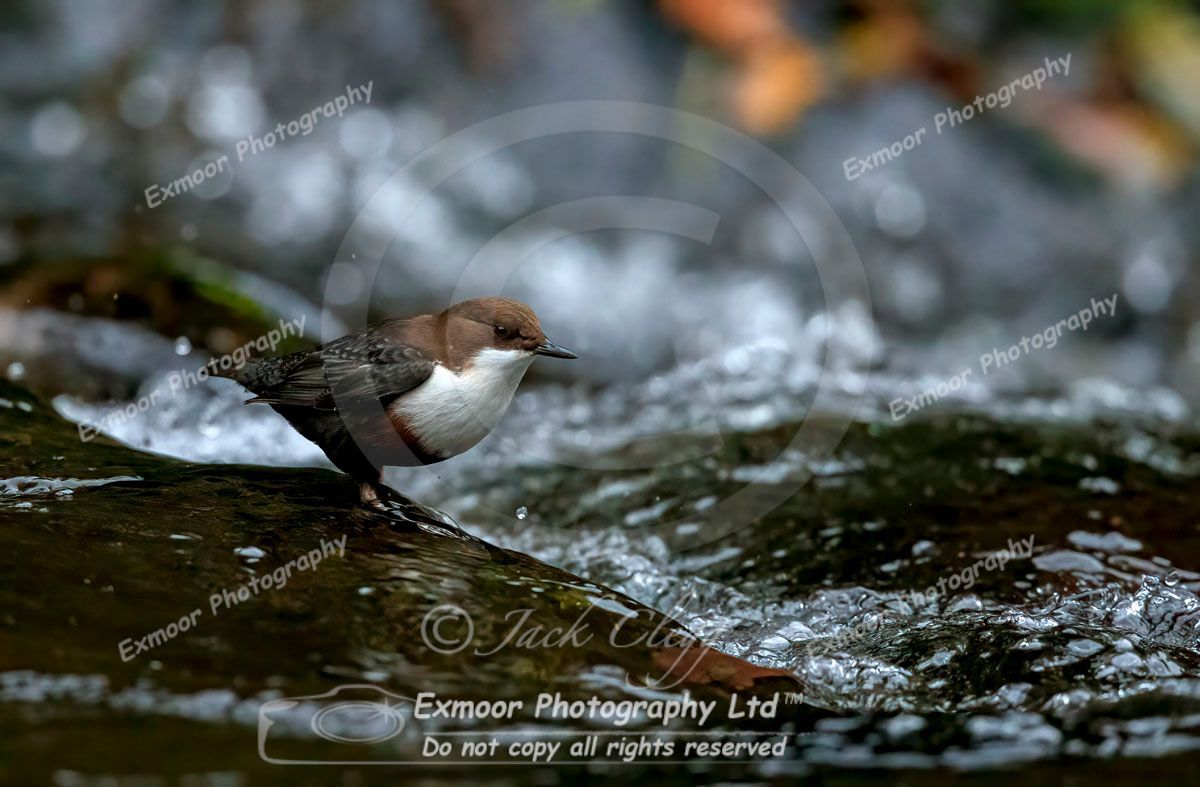
Slide title
Write your caption hereButton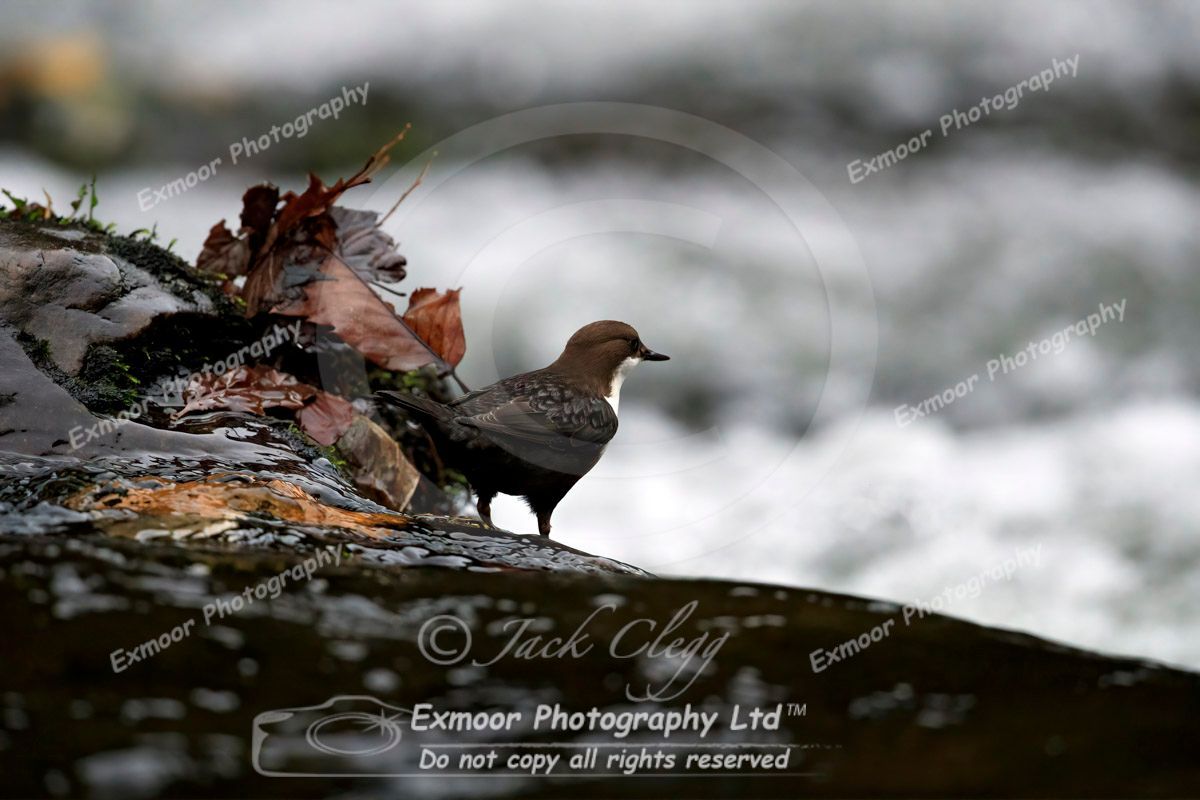
Slide title
Write your caption hereButton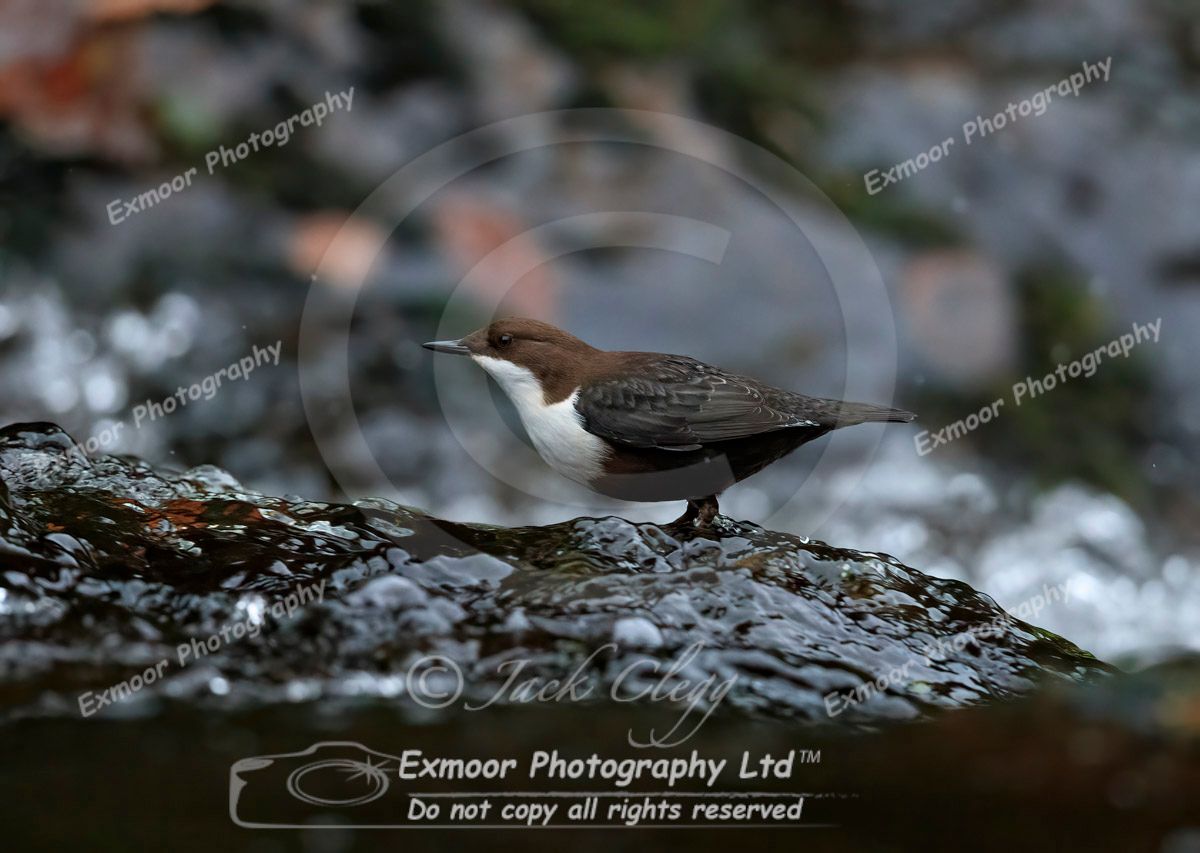
Slide title
Write your caption hereButton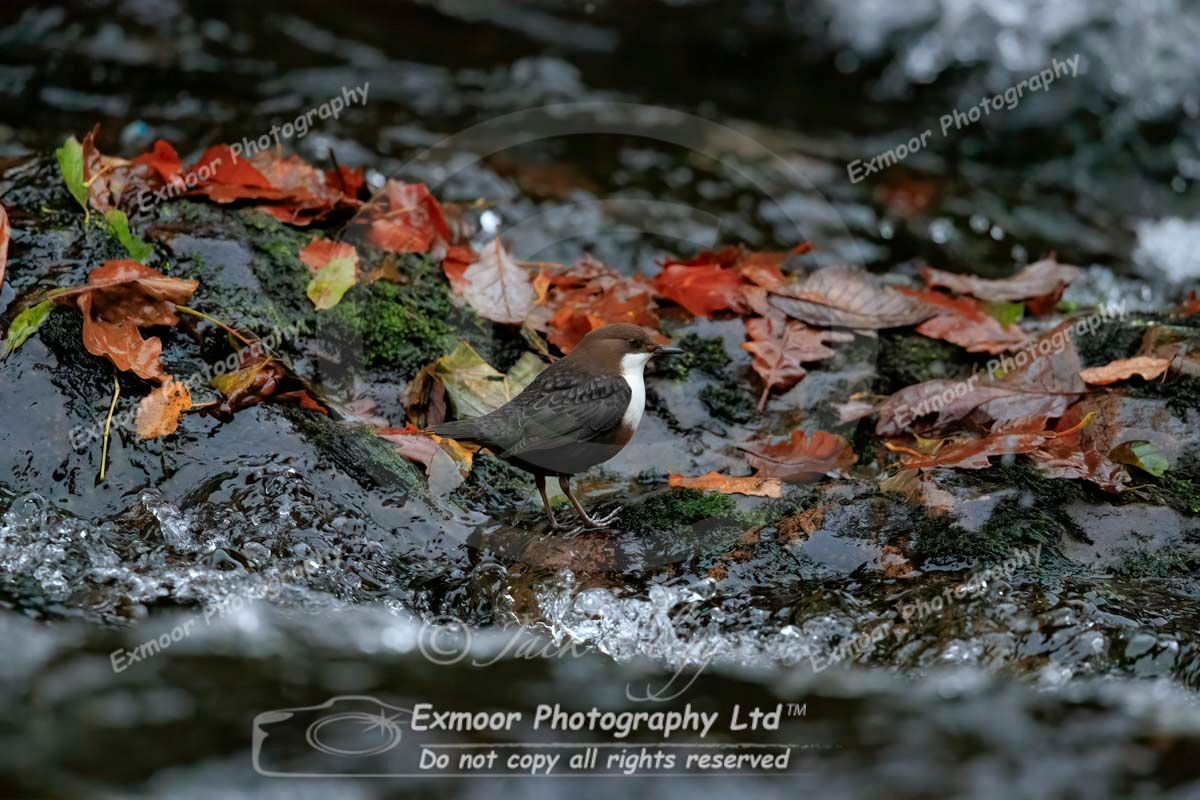
Slide title
Write your caption hereButton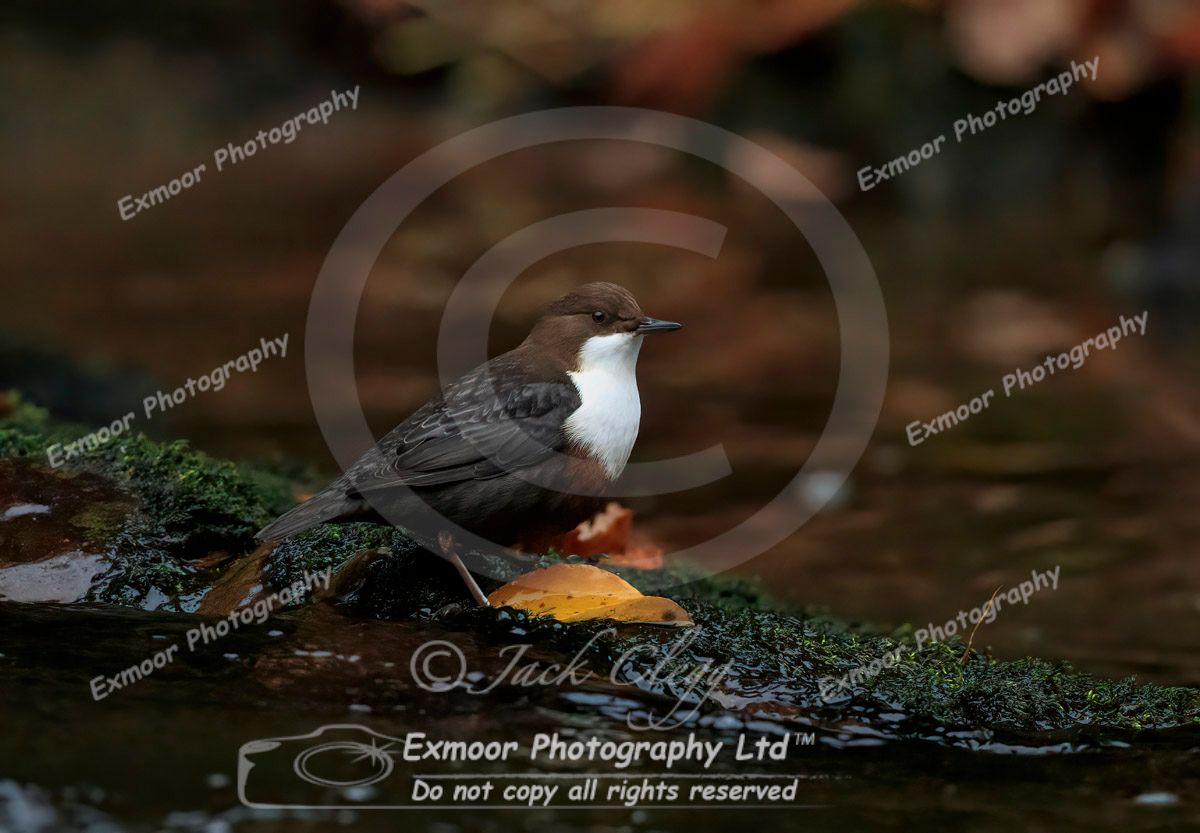
Slide title
Write your caption hereButton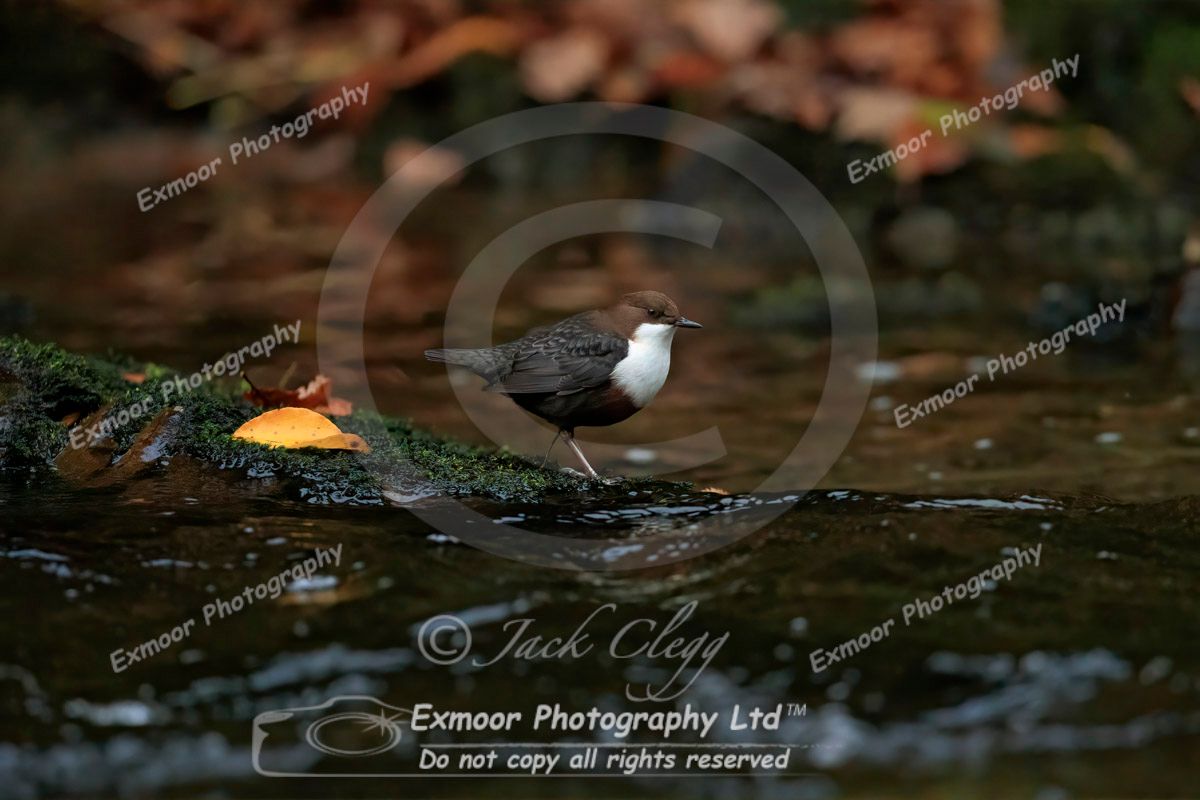
Slide title
Write your caption hereButton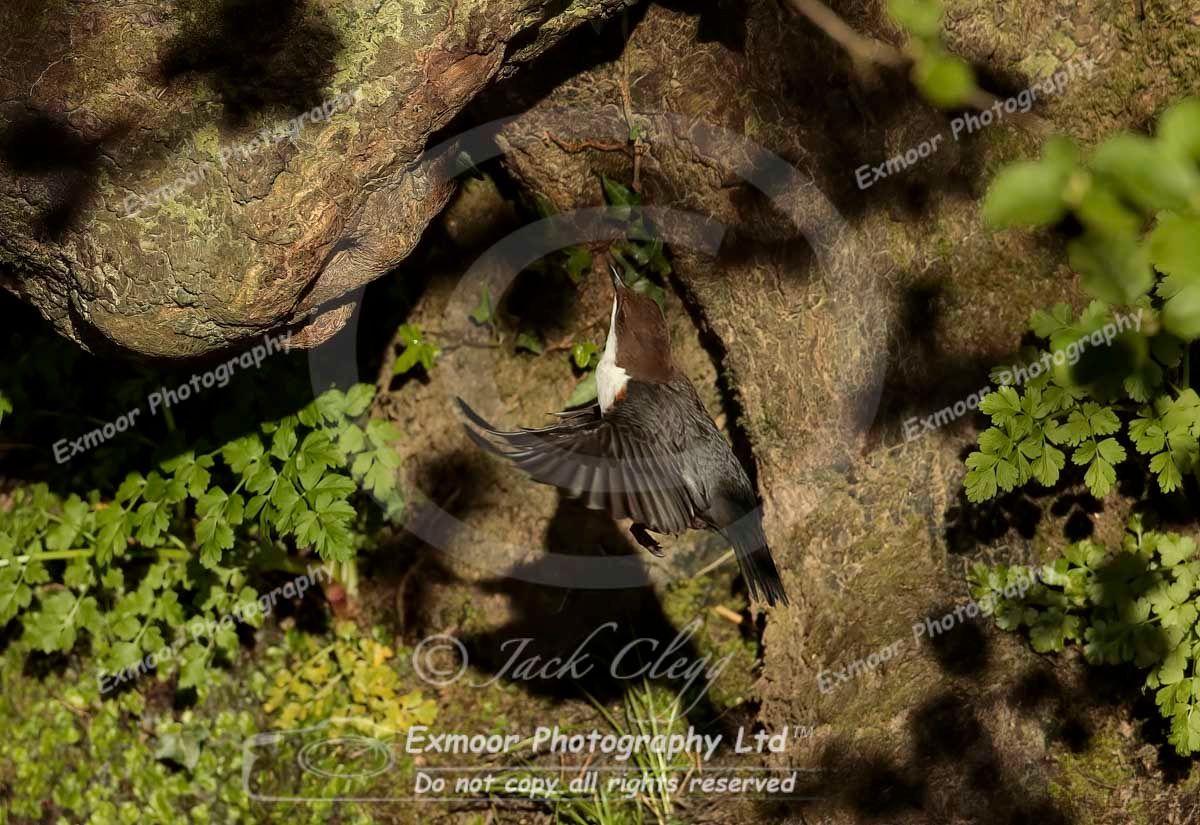
Slide title
Write your caption hereButton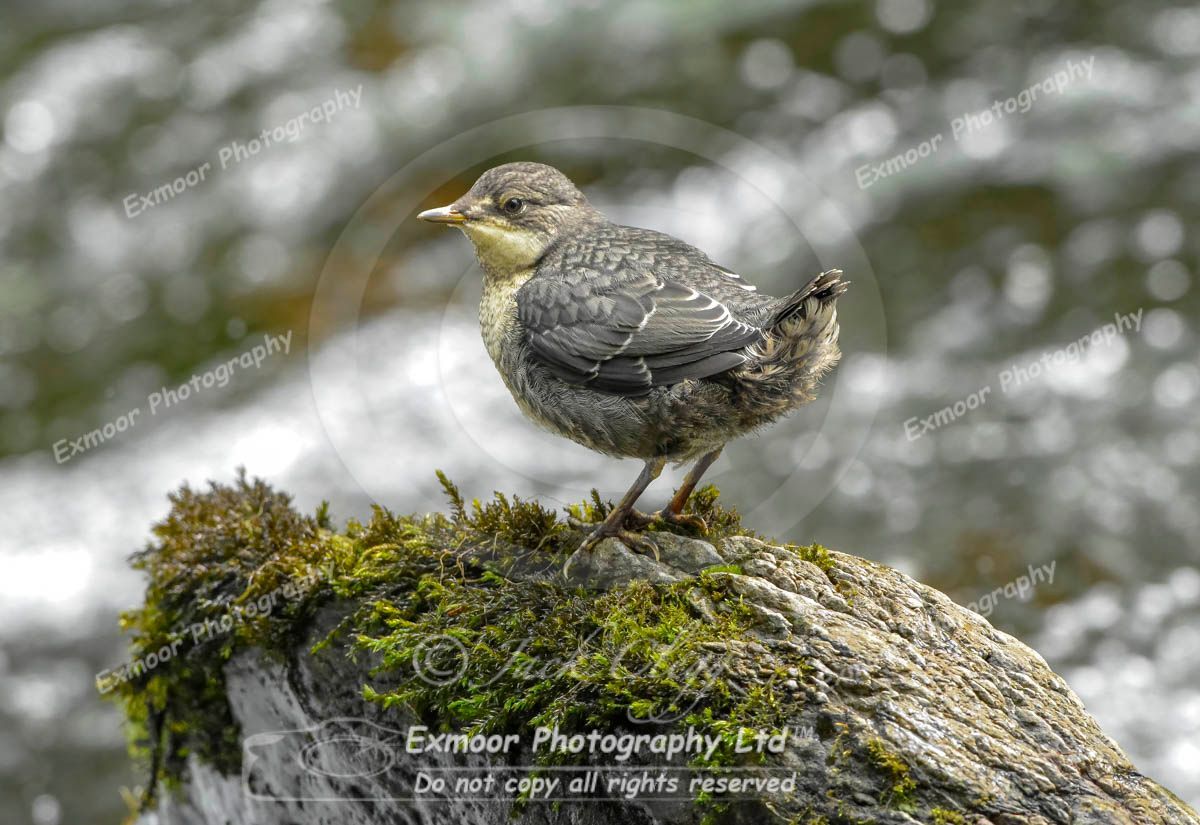
Slide title
Write your caption hereButton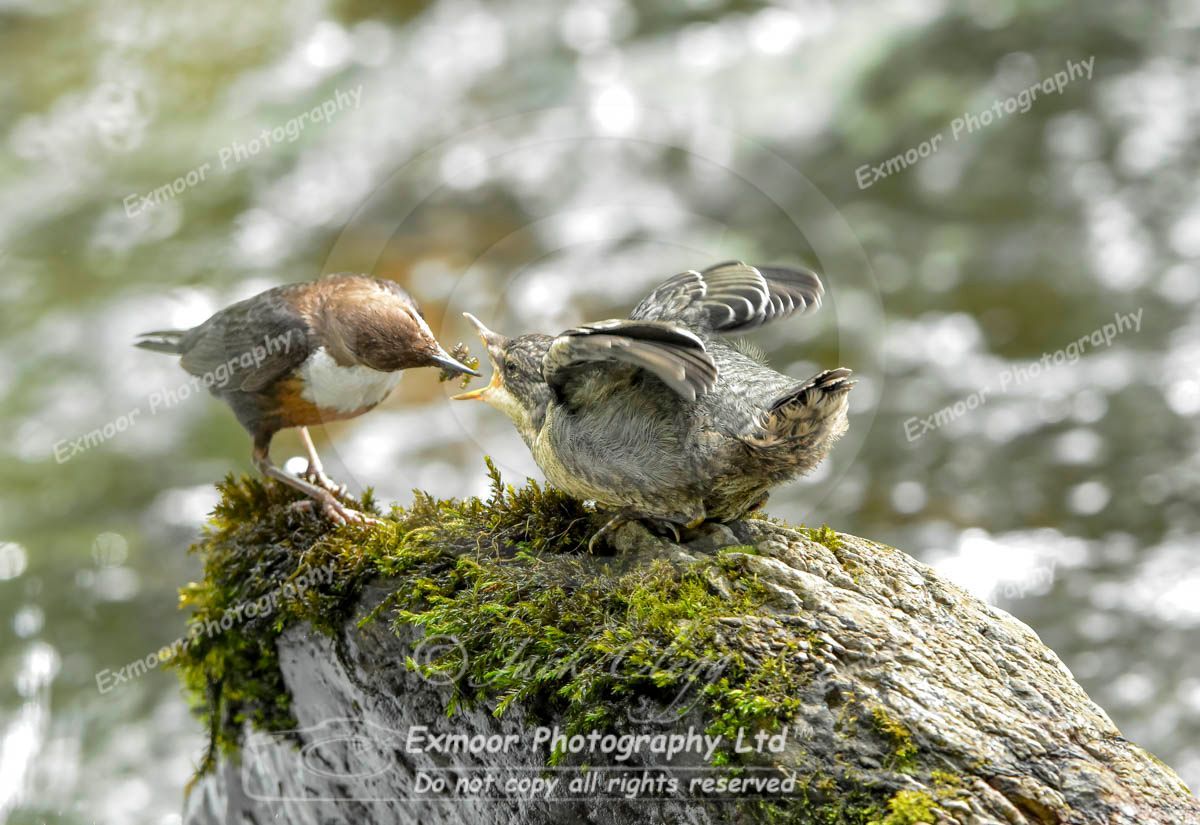
Slide title
Write your caption hereButton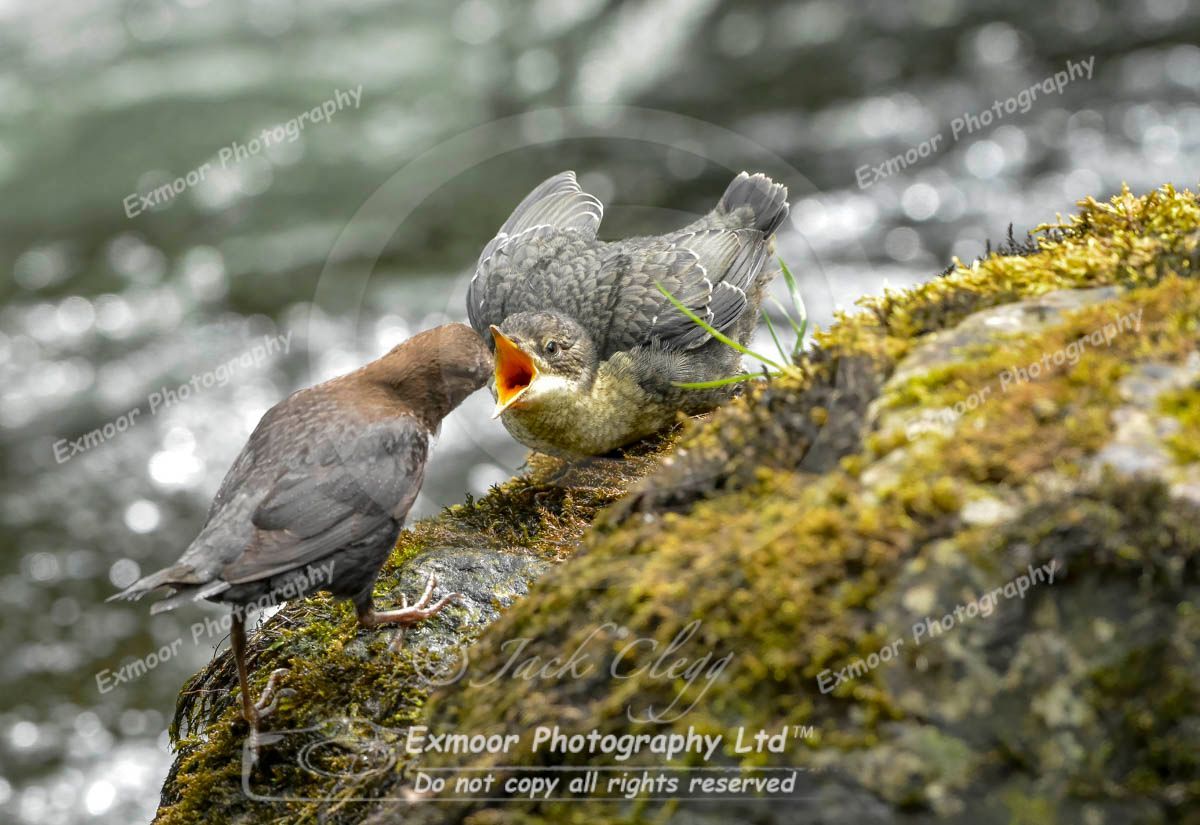
Slide title
Write your caption hereButton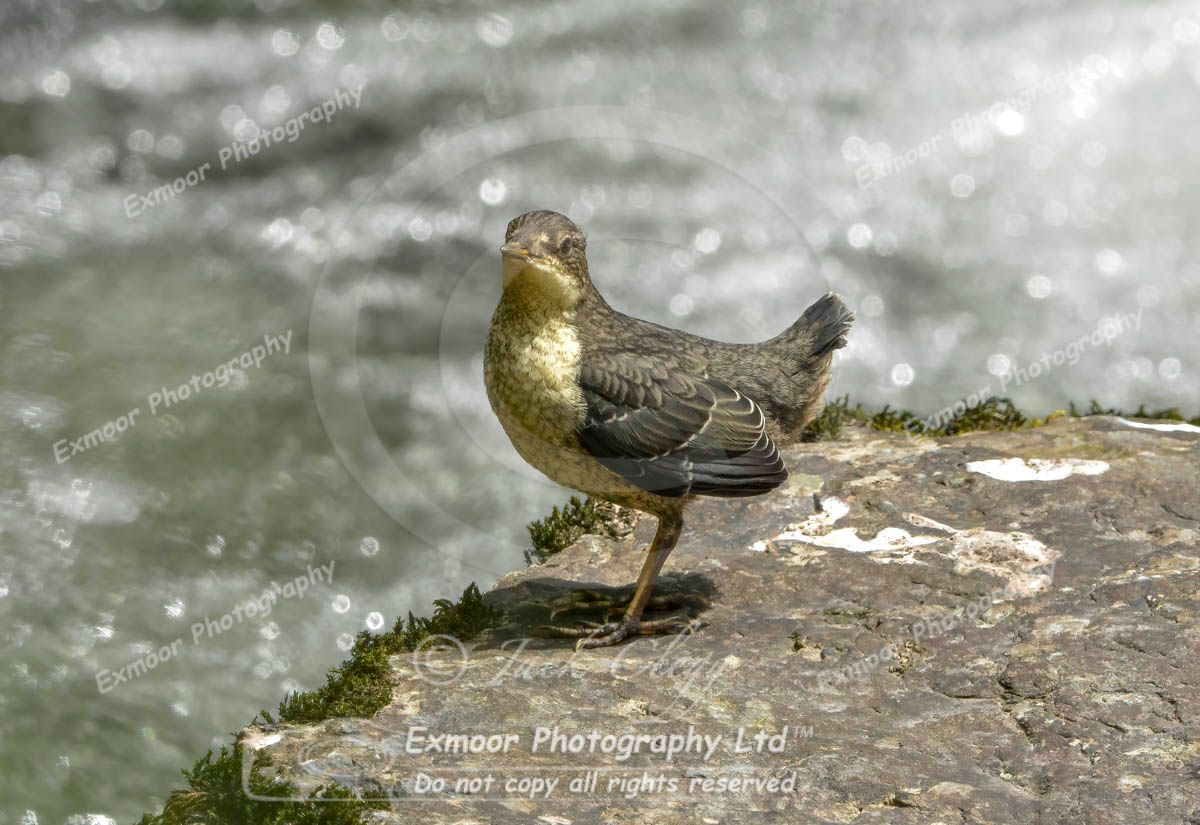
Slide title
Write your caption hereButton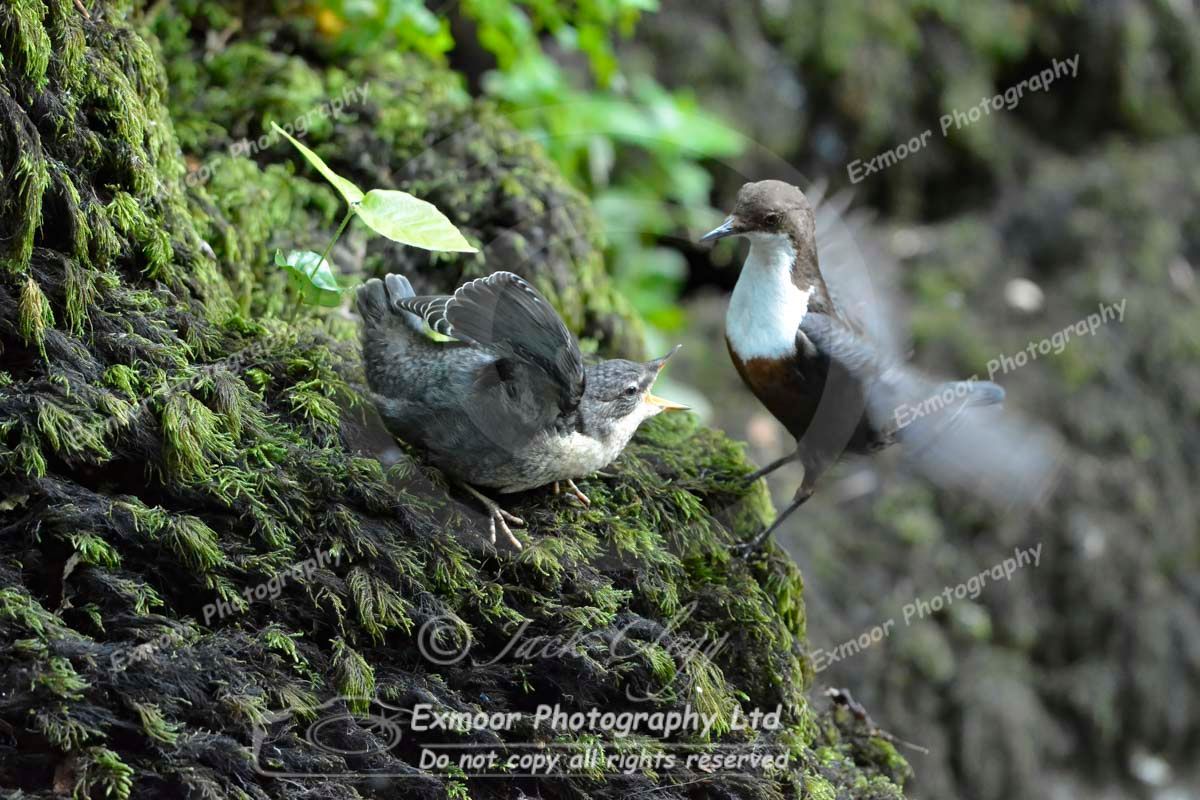
Slide title
Write your caption hereButton
Slide title
Write your caption hereButton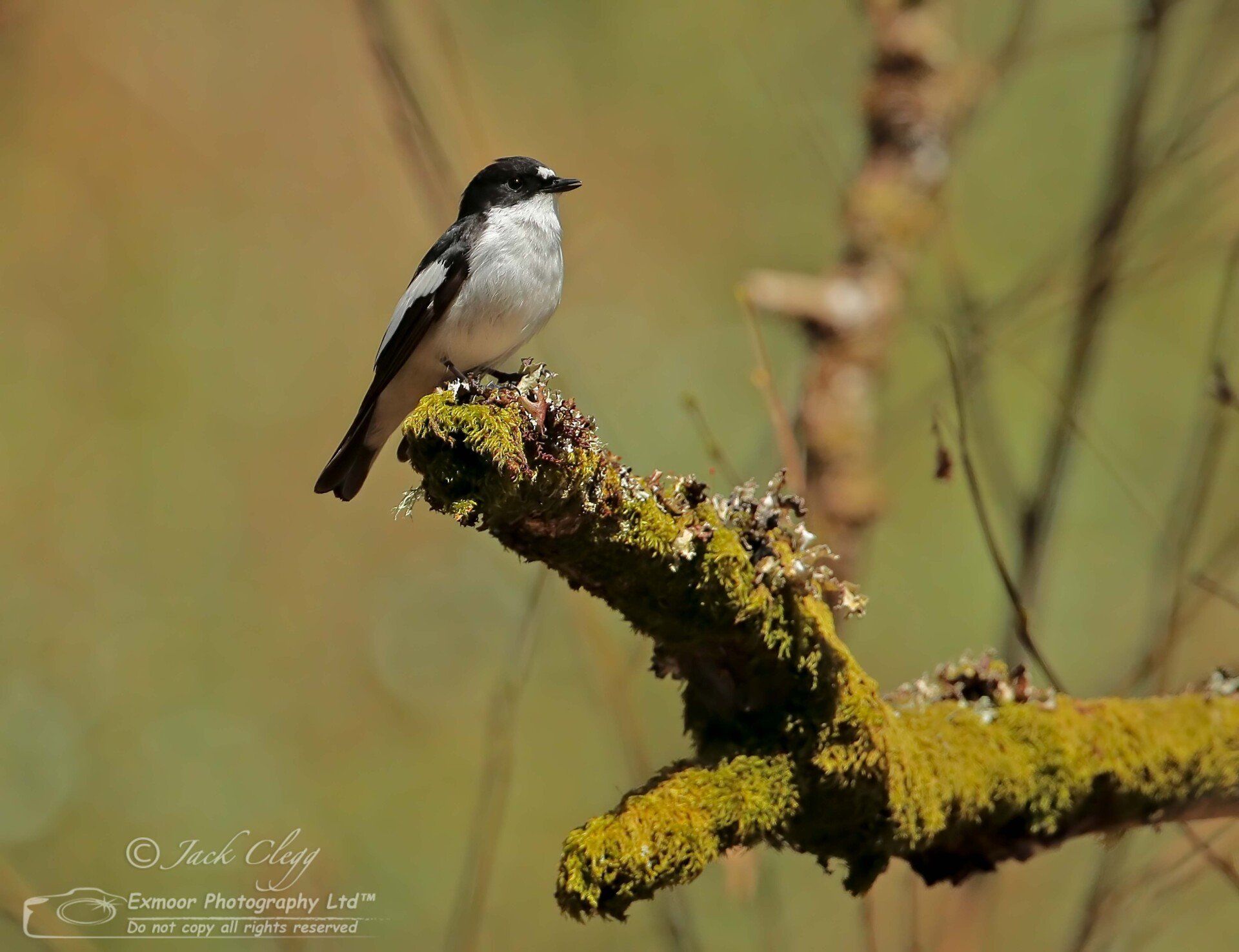
Slide title
Write your caption hereButton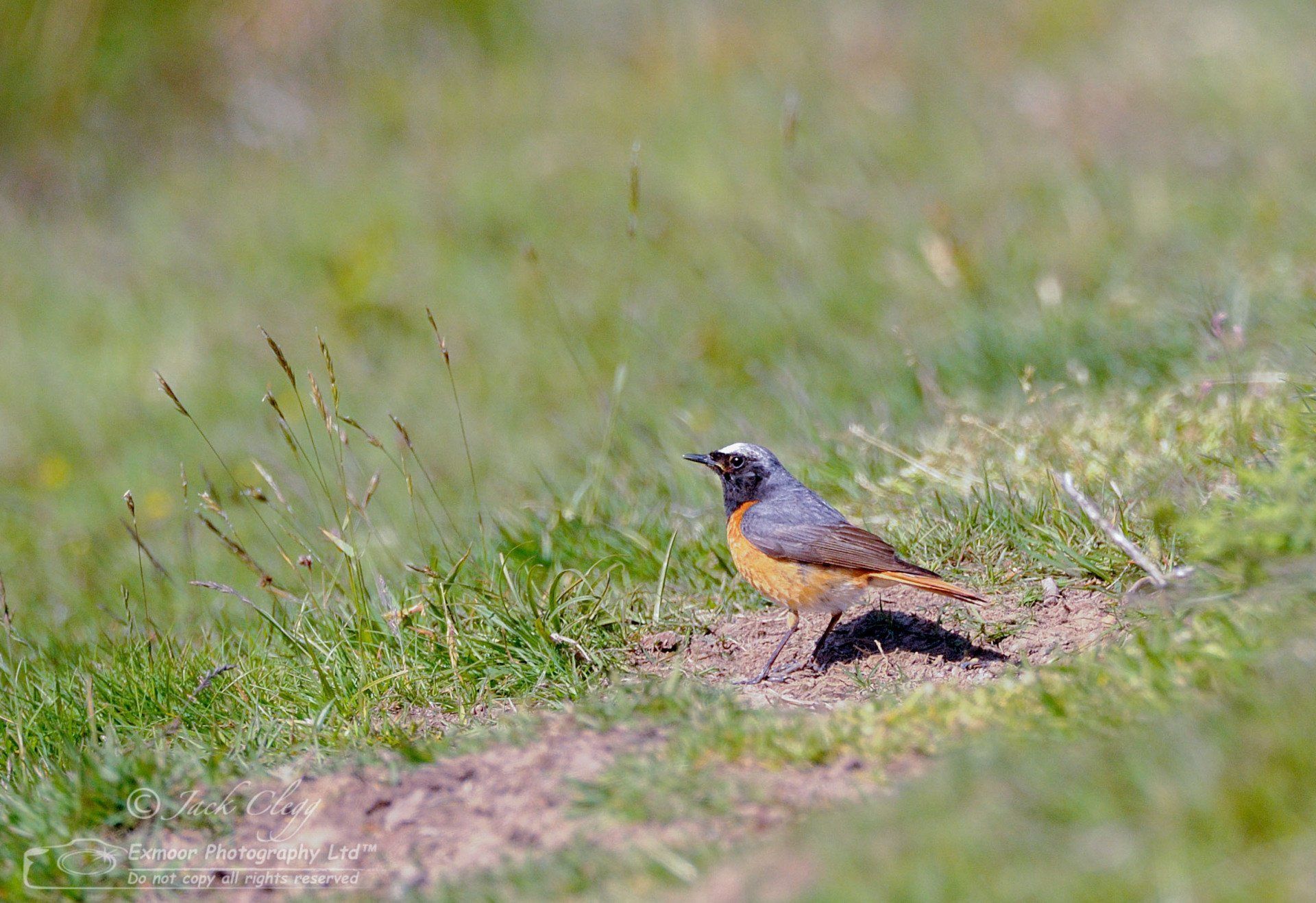
Slide title
Write your caption hereButton
Exmoor Photography Course
Landscape, Birding & Nature Photography Lessons
Choose Your Course: You Choose We Teach
(Workshops & some Specials can be booked as Exclusive 1:1)
-
4hr Taster Workshop
Button£79.00 x2
Duration: 4 Hours
-
Landscape Course
Button£139.00pp (was £149) (10% off x2)
(excl 1:1 £199.00 was £219)
Duration: 8/9 Hours
-
Ham Wall Special
Button£149.00pp (was £159)
(excl 1:1 £199.00 was £219)
Duration: 8/9 Hours
-
Steart Marshes Special
Button£125.00pp
Duration: 6 Hours
-
Dipper Day Special
Button£139.00pp (was £159)
(excl 1:1 £189.00 was £219)
Duration: 7+ Hours
-
Red Deer Rut Special
Button£159.00pp
Duration: 8/9 Hours
-
Kingfisher Special
Button£129.00pp (was £159)
Duration: 8 Hours
-
Gift Vouchers & e-vouchers
ButtonFrom £25.00
-
Special Offer Three Lessons Package
Button20% Discount



